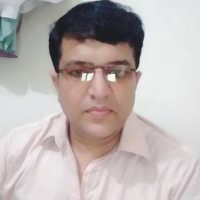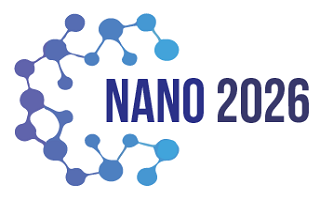3rd World Congress on
Nanotechnology
October 29-30, 2026 | Berlin, Germany

Address: Hans-Grade-Allee 5, 12529 Schonefeld b. Berlin, Germany
Nano 2026

Doctor Hospital, Pakistan
Abstract:
Effective disease control in rural and underprivileged communities requires a combination of public health outreach, education, and modern medical technologies. This study focuses on the role of a Communicable Disease Control (CDC) officer in managing and preventing illnesses such as typhoid and other febrile diseases among the uneducated and low-income populations of District Sargodha, Punjab, Pakistan. Public awareness programs, preventive measures, and community engagement were implemented to reduce infection rates. Complementing these public health initiatives, recent advancements in magnetic metal oxide nanoparticles offer promising therapeutic possibilities in medical science. These nanoparticles, including Co, Zn, and Ni ferrites synthesized via the sol–gel auto-combustion method, exhibit tunable magnetic properties that enable targeted tissue therapy under an external magnetic field. Their applications in controlled drug delivery, magnetic fluid hyperthermia, and cancer treatment were explored using XRD, VSM, SEM, LCR meter, Raman spectroscopy, and FTIR analyses. This integrated approach, combining community-based disease control and innovative nanomedicine solutions, offers a pathway for both immediate public health impact and long-term biomedical advancements.
Biography:
Dr. Khalid Mahmood is the head of “Doctors Hospital and Research Center”. Bhalwal, Sargodha, Pakistan. He has attended 8 national and international conferences related to the medical field.
